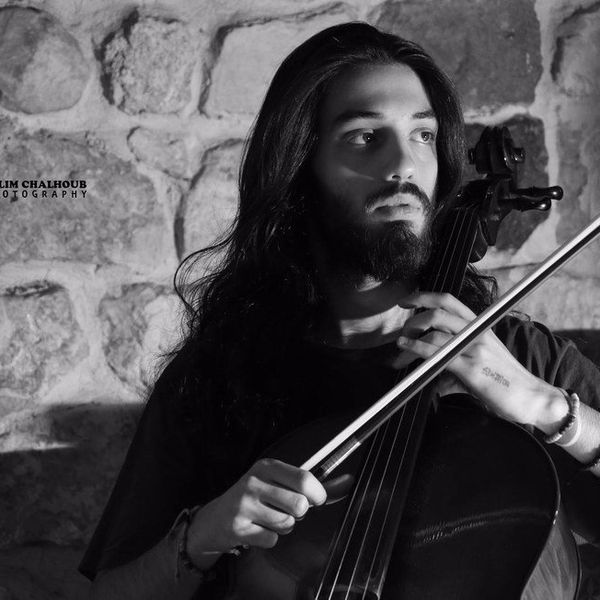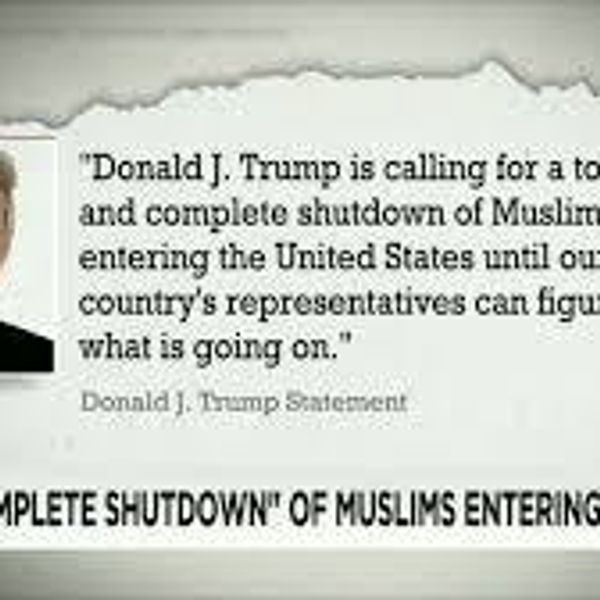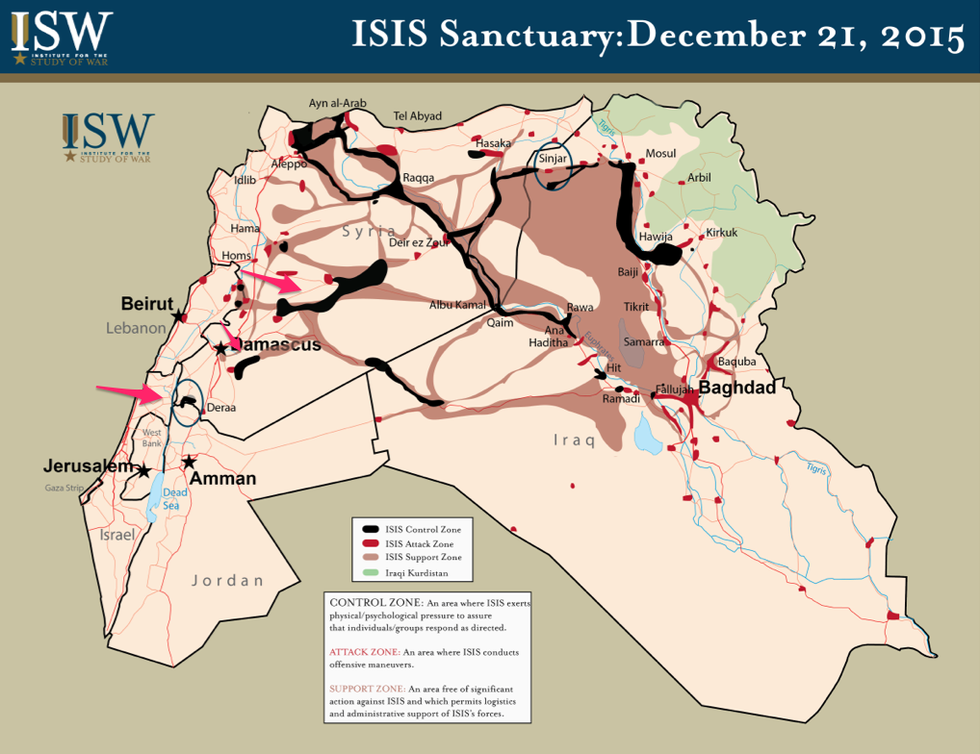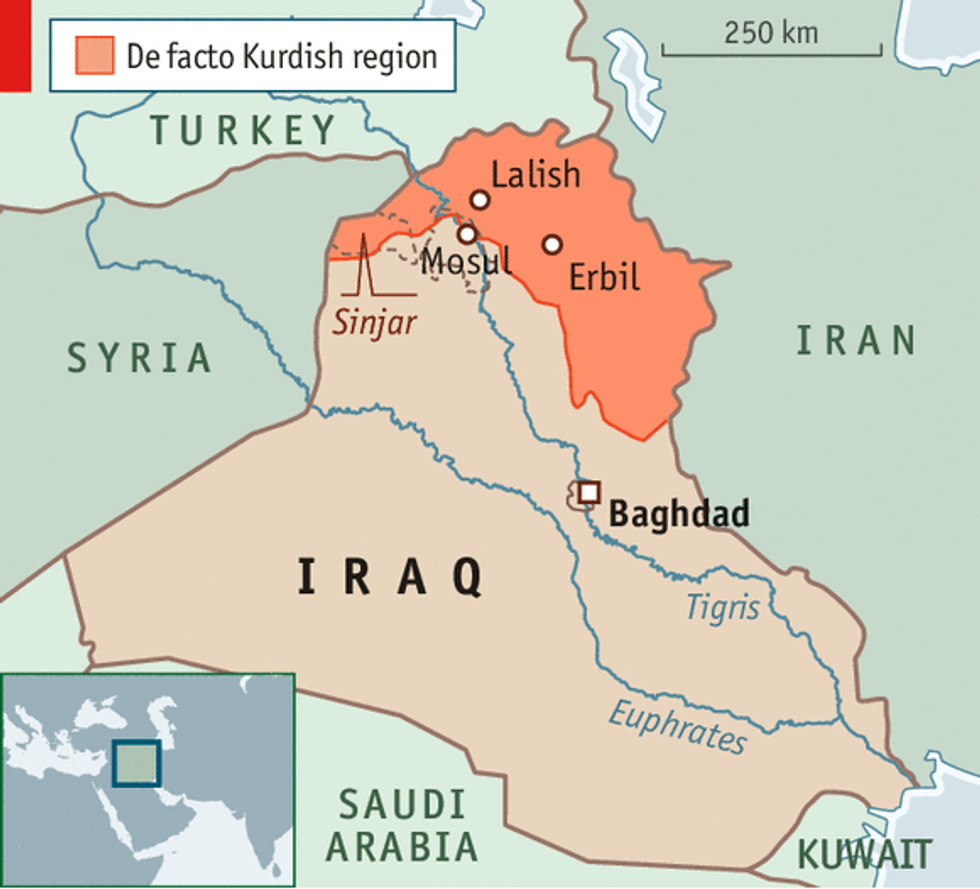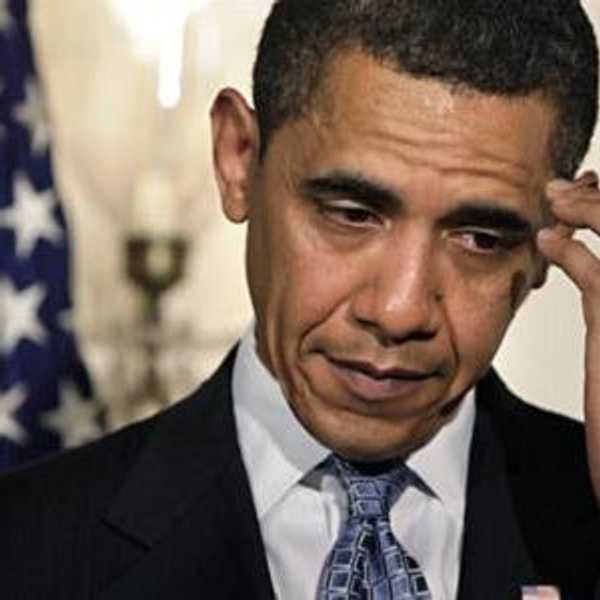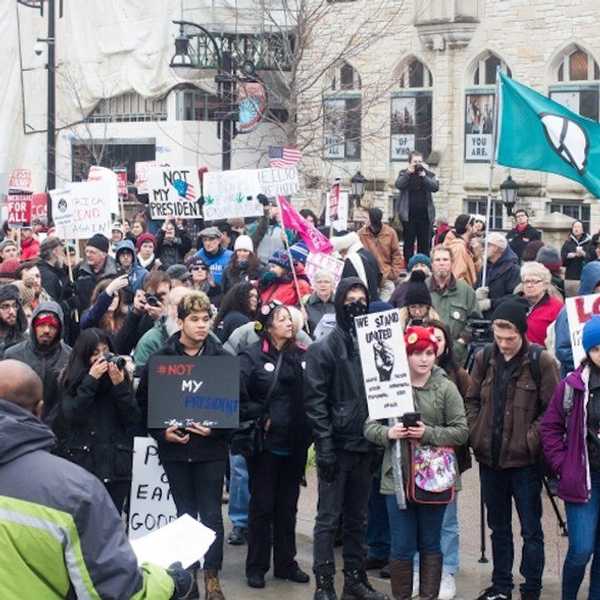The international campaign against ISIS reached a head with an ongoing offensive that began in 2016. This latest offensive is a coalition of international forces striking the city of Mosul, the heart of ISIS territory in Iraq. The coalition is being driven primarily by Iraqi state forces, but also includes local groups such as the Kurdish forces, known as the Peshmerga. International partners include several European and NATO countries, led by the United States. All of these forces are pointed towards getting ISIS out of Mosul. There are a lot of threads here, so let’s pull at them one by one.
Let’s start with ISIS. In 2014, Abu Bakr al-Baghdadi, the leader of ISIS, proclaimed an Islamic caliphate from Mosul. Since then, ISIS aggressively expanded its territory. ISIS continued to conquer territory from the Iraqi government. Using the disarray of the Syrian civil war, ISIS was also able to take territory away from Syrian President Bashar al-Assad at a time when he could not counter them. Throughout these areas, ISIS administered services to locals and established a government. In other words, ISIS effectively created a country that spanned Iraq and Syria, two failed states that were each dealing with their own respective issues. This self-described caliphate was, of course, not recognized by the United Nations. The international community has been trying to dismantle this ISIS state ever since.
All that black area was ISIS controlled as of December 2015
The capture of Mosul from Iraqi state forces was a major victory for ISIS. This city, along with the city of Raqqa in Syria, is an ISIS stronghold and represents a fulfillment of the ISIS goal of creating a caliphate. Its loss to Iraqi forces would be a symbolic blow to the mission of ISIS and a strategic loss of a base of operations.
Conversely, the loss of Mosul to ISIS was a huge strategic defeat for Iraq. It came at a time when President Obama was trying to wind down U.S. presence in Iraq by withdrawing troops. The plan was to slowly allow local forces with American support and training to take responsibility for the protection of Iraq. Instead, the second largest city in the country fell to hostile hands. That is simply embarrassing.
Kurdish forces have fared much better. The Peshmerga are the security forces of Kurdistan, a quasi-independent state in northern Iraq. The Kurdish people are a distinct ethnic group scattered across the Arab world. They have historically been denied a state and have faced varying degrees of discrimination by different Arab countries. This situation has particularly worsened with the rise of ISIS, as ISIS restricts the rights of any group that does not subscribe to its own extremist interpretations of Islam. The Kurdish area of northern Iraq, however, has relative autonomy and has fiercely fought to protect this independence. Known as Kurdistan, this area is not an official country. It remains to be seen whether the government in Baghdad and Kurdistan can coexist: Baghdad would presumably want to reunify the country under one government, while the Kurds may push for full autonomy. At the moment, though, this is irrelevant. They each have a common enemy in ISIS. The question of Kurdish statehood is a war for another day.
Kurds are spread out over Iraq, Turkey, and Syria. The Kurdish people in northern Iraq enjoy the most independence, may Baghdad may try to change that in the future
The Iraqi army is undergoing a large-scale deployment to take back Mosul. Most intelligence analysts estimate that the Iraqis outnumber ISIS fighters to a huge degree and international partners led by the U.S. are providing logistical, intelligence, and air support. The Obama administration has sent hundreds of military advisors ahead of the Mosul offensive, many of whom are on the front lines. The administration has stressed that such advisors are there to provide real-time assistance, rather than actually fighting. This lack of American ground troops is significant: it means that the Iraqis are doing the heavy lifting. If the U.S. is to ever leave Iraq for good, this operation may be seen in history as the turning point.
But the fight before them is daunting. Intel reports say that ISIS agents are hiding among civilians and that the city has been booby-trapped. City warfare is also slow. Iraqi forces must go street-by-street, sometimes door-to-door, hunting for ISIS agents while avoiding snipers, explosives, and whatever else ISIS can fling their way. Bridges, tunnels, and roads become flashpoints; the very infrastructure of the city is a weapon ISIS can use against the Iraqis.
Peshmerga and Shia Muslim forces are also allied with Iraqi forces. Iraq is a majority Shia Muslim country, but ISIS is a Sunni terrorist organization. This part gets a little confusing, so bear with me. Nouri al-Maliki was the previous Prime Minister of Iraq and actively discriminated against the Sunni population. The U.S. had supported his government. ISIS arose as an organization in the wake of sectarian violence under PM al-Maliki. Of course, Iraq has suffered from sectarian violence since the initial American invasion of 2003, but it was the confluence of these factors that made conditions ripe for the rise of ISIS.
Many of the residents of Mosul are Sunni Muslims. The commanders of the Mosul offensive have decided that Shia and Peshmerga forces would stay on the outskirts of the city while the main force would enter and fight ISIS. This was discussed as a way to avoid being seen as sectarian and to discourage partisanship once the army fought its way into the city. This was a wise decision. It suggests awareness of sensitivity to outsiders and a fear of the past repeating itself. However, this decision is only as good as the leaders implementing it. Virtue in this world does not happen simply by wishing it or by having good intentions. It must be backed by actions that advance the cause towards the end goal. That is often dependent on the leaders behind a movement. In this case, that responsibility falls largely to the military commanders. This is their success to make and their failure to lose.

